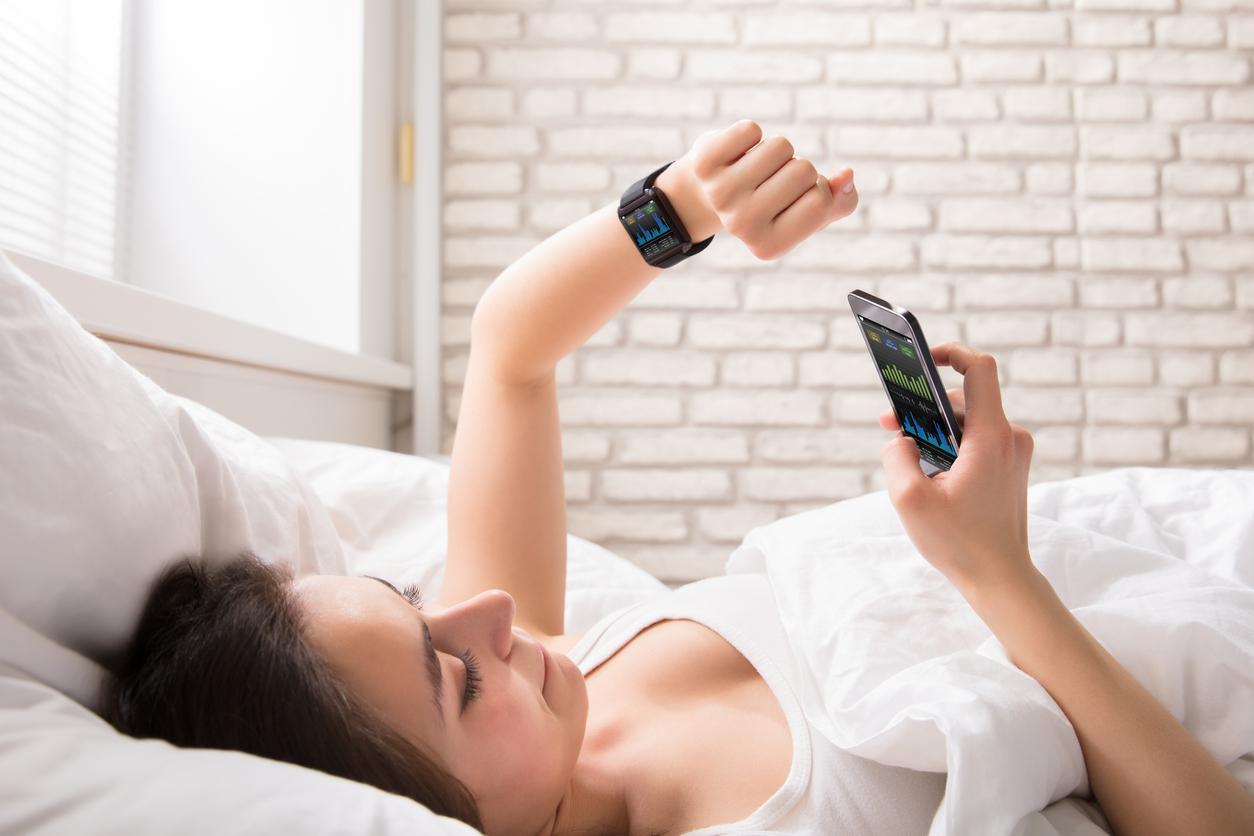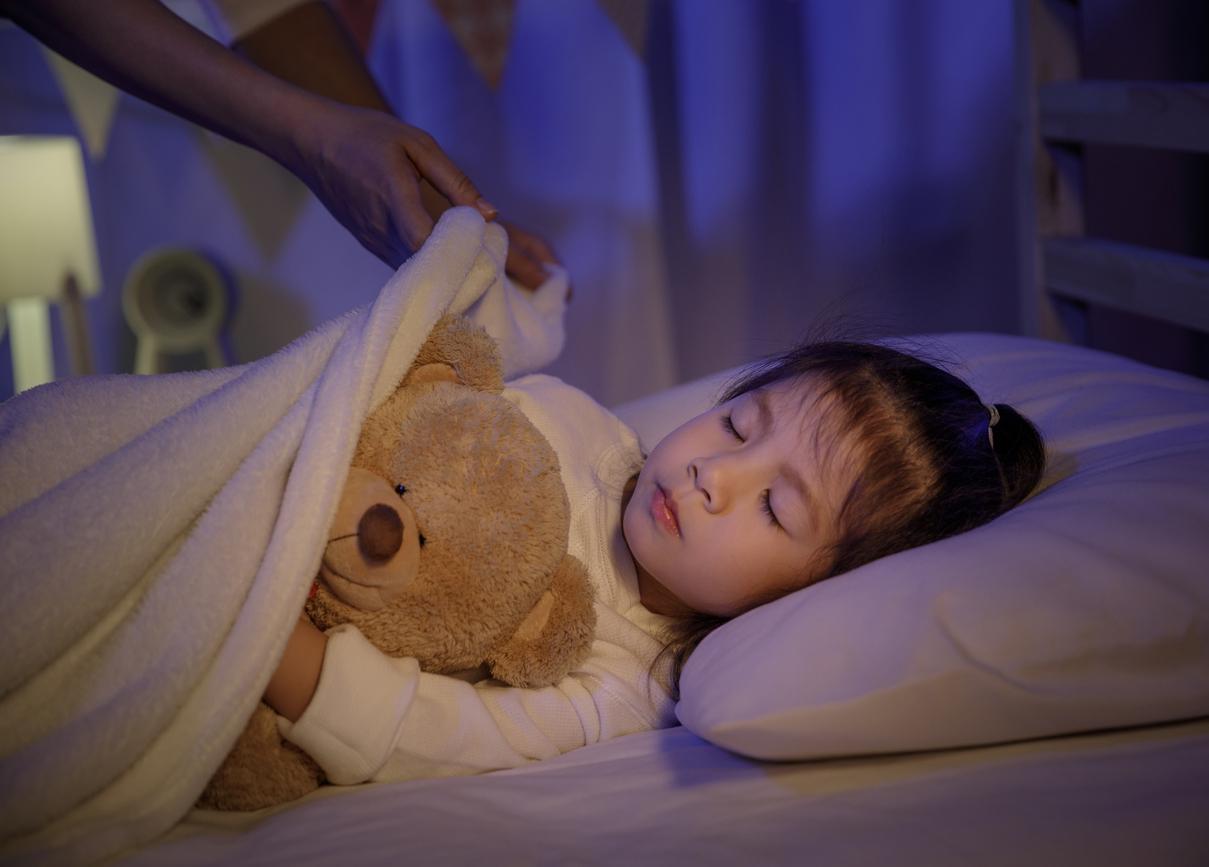Using mobile apps, which track sleep quality, energy, emotions and stress, may improve the ability to prevent migraine attacks.

- People whose sleep quality was perceived as poorer were more likely to have a migraine the next morning.
- A lower-than-normal energy level the previous day was also associated with headache the next morning.
- Factors predicting the onset of a headache in the afternoon or evening were high stress or above-average energy levels the day before.
Can we predict the occurrence of a migraine? This is the question asked by researchers at the National Institutes of Health, in Bethesda, Maryland (United States). To answer this, they carried out a study published in the journal Neurology. The latter involved 477 people aged 7 to 84, including 291 women. Using a mobile app, participants were asked to rate their mood, energy, stress and headaches four times a day for two weeks. They also assessed their sleep quality once a day. Nearly half of the volunteers had a history of migraine and 59% of them had at least one morning migraine during the work.
Migraine: more risks due to poor quality sleep and reduced energy the day before
According to the results, adults whose sleep quality was perceived as poorer were on average 22% more likely to suffer from migraines the next morning. A decrease in the usual quality of sleep reported by participants was also linked to an 18% increase in the risk of headache the next morning. Similarly, a drop in energy the previous day increased the risk of headaches the next morning by 16%. In contrast, higher average stress levels and significantly higher than normal energy levels the day before are associated with a 17% increased risk of headaches the following afternoon or evening.
“Surprisingly, we found no link between a person’s symptoms of anxiety and depression – either having more symptoms or having higher than average levels of symptoms – and their likelihood to have a migraine attack the next day”, said Kathleen R. Merikangas, co-author of the work, in a statement.
“Using apps can provide valuable information that can help us manage migraine”
According to the authors, this research highlights the role of circadian rhythms in the onset of headaches. They believe that these results could provide a better understanding of the processes underlying migraine and help improve treatments and prevention. “Using apps that track sleep and other health, behavioral and emotional states in real time can provide valuable information that can help us manage migraine,” concluded Tarannum M. Lateef, lead author of the study.
















